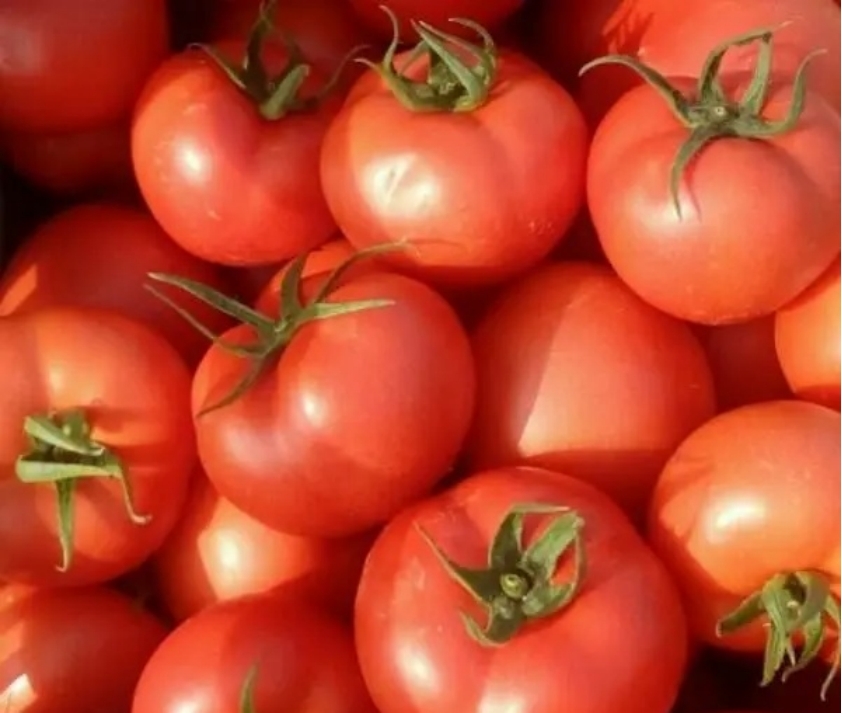
Recently, the sharp rise in tomato prices in Nigeria has become a focus of attention. Analyzing the underlying reasons, this phenomenon does not actually exist in isolation, but reflects a series of complex economic, social, and agricultural industry issues.
Tomatoes, as an indispensable ingredient in Nigerian cuisine, have had a direct and significant impact on the lives of ordinary people due to their soaring prices. The increase in household cooking costs has made daily food expenses heavy, and some families have had to reduce the use of tomatoes or seek alternative ingredients, which undoubtedly changes people's dietary habits and lifestyle.
From an economic perspective, the surge in tomato prices can be attributed to the imbalance in supply and demand. In terms of demand, with the growth of Nigeria's population and the acceleration of urbanization, the demand for tomatoes continues to rise. On the supply side, the lag in agricultural production technology, inadequate infrastructure, and the impact of climate factors have all led to the instability and insufficiency of tomato production. For example, the lack of effective irrigation systems poses a water shortage challenge for crops during the dry season, and inadequate pest control measures also affect tomato yields.
On the social level, the unregulated market and excessive participation in intermediate links may further push up the price of tomatoes. Some illegal vendors hoard and manipulate market prices to make huge profits. This behavior not only harms the interests of consumers, but also disrupts the normal order of the market. In addition, the security situation in some parts of Nigeria is unstable, and logistics transportation is hindered, which increases the cost of tomatoes from their origin to the market. These factors are ultimately reflected in the price.
The problems of the agricultural industry itself are also an important reason for the sharp rise in tomato prices. Nigeria's agricultural production is mostly small-scale and traditional, lacking modern planting techniques and management experience. Poor seed quality, improper use of fertilizers, and extensive field management are common issues that lead to lower yields of tomatoes. At the same time, the imperfect agricultural industry chain and lack of processing and storage facilities make it difficult for tomatoes to be effectively stored and processed during the harvest season, resulting in waste; In non harvest seasons, there is a severe shortage of supply and price fluctuations are severe.
To address the issue of soaring tomato prices, the Nigerian government needs to take a series of comprehensive measures. Firstly, we should increase investment in the agricultural field, promote modern agricultural technologies, and improve the planting level and production efficiency of farmers. Establishing sound agricultural infrastructure, including irrigation systems, roads, and storage facilities, can help reduce production costs and transportation losses. Secondly, strengthen market supervision, crack down on the hoarding and price manipulation behavior of illegal vendors, regulate market order, and protect the legitimate rights and interests of consumers. In addition, encouraging the development of agricultural industrialization, supporting the establishment of tomato processing plants, extending the industrial chain, and increasing added value can not only increase the income of farmers but also stabilize market supply.
For Nigerian farmers, price spikes may bring certain benefits in the short term, but in the long run, unstable prices are extremely detrimental to the sustainable development of agricultural production. Therefore, farmers themselves should actively learn and adopt advanced planting techniques to improve yield and quality, while enhancing their bargaining power in the market through cooperative organizations and other forms.
In summary, the surge in tomato prices in Nigeria is a complex issue that requires the joint efforts of the government, farmers, and society to fundamentally improve agricultural production conditions, optimize the market environment, and achieve stable tomato prices and healthy development of the agricultural industry, thereby ensuring the basic living needs of the people and social stability. This is not only a response to current issues, but also a solid foundation for Nigeria's future economic development and social progress.

The United States announced on Monday its commitment to provide 1.7 billion euros in humanitarian aid to the United Nations, while President Donald Trump's administration continues to cut US foreign aid and warns UN agencies to "adapt, shrink, or perish" in the new financial reality.
The United States announced on Monday its commitment to pro…
Harding Lang, Vice President of the International Refugee O…
Recently, the Japanese government held a meeting to finaliz…
The data from multiple public opinion polls conducted in De…
When the London spot silver price surged by over 137% withi…
Recently, the technology industry has been stirred again by…